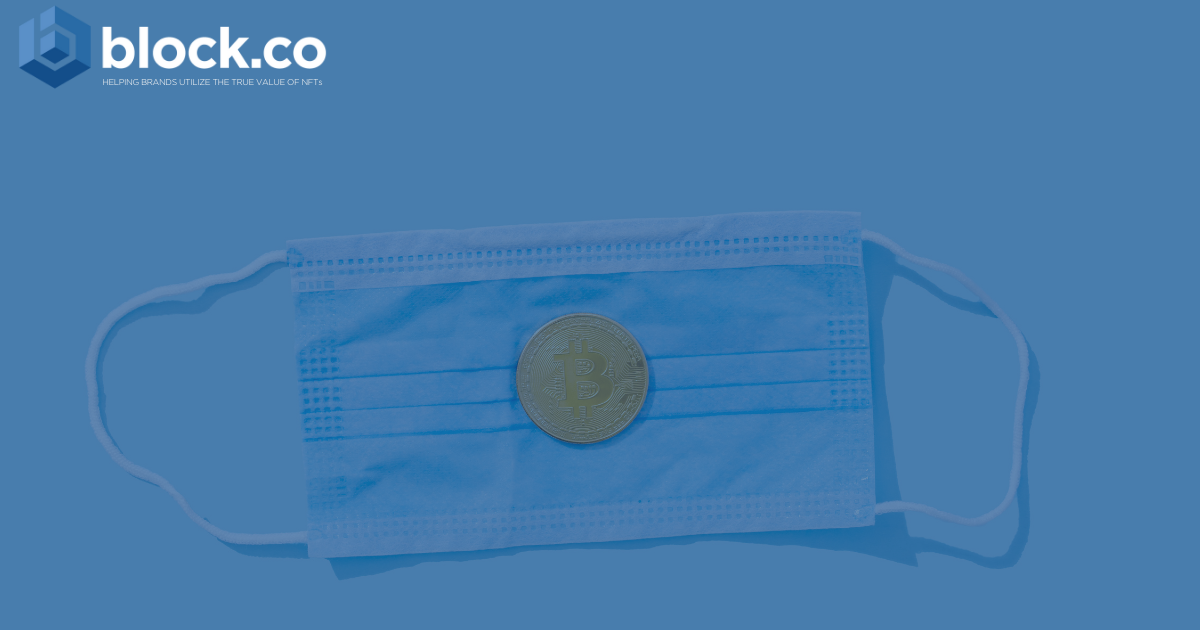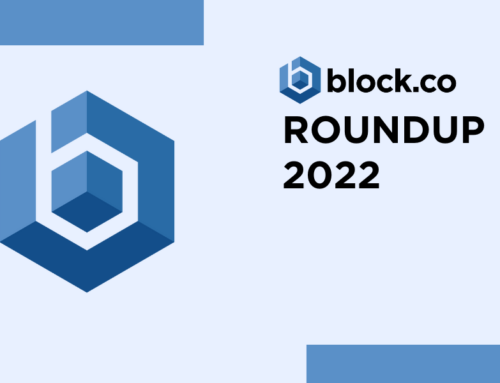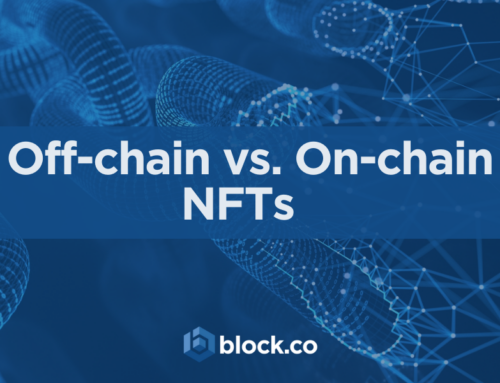How to Securely Verify Documents in Remote Working Conditions?

In the current Coronavirus crisis, one aspect of our lives that has certainly experienced a colossal escalation in recent weeks is smart (or agile) working, basically working from home. Due to the sudden and rapidly changing conditions brought in by the recent crisis, organizations face the dilemma of leaving productive forces at home on sick leave or holidays or experiment the new working culture necessary for their survival. How can blockchain aid to securely verify documents during the Coronavirus crisis and remote working conditions?
Before the Coronavirus crisis, it is estimated that in the US 5% (around 8 Million people) worked from home. Similarly, in the EU, 5.2% of workers aged between 16 and 64 normally worked from home with the Netherlands leading the way with 14% of its working population adopting a smart working concept. In more recent weeks, since lock-downs and social distancing have affected most countries in the EU and the USA, we can estimate the figure to be in the millions and, if the dramatic COVID-19 situation persists, in the hundreds of millions.
In this scenario, are private companies and public institutions ready for the epic changes that current times require? For sure, this exponential growth and sudden necessity might have taken many organizations by surprise, to such an extent that empowering their staff to work from home might have been a real challenge. This is particularly true for medium and small size companies that might have not had the time and resources to adapt easily.
Big companies like Google and Twitter had already embraced themselves to a work-from-home culture even in the pre-Covid-19 era and could therefore more easily adapt to this emergency. They have strong security systems and have proven to be fully prepared for such a working environment. With new habits and behaviors, inevitably new questions and issues arise.
In the case of a new smart working society, companies face real challenges starting from protecting their data when staff brings system networks and databases to their homes. While nowadays it is easy to arrange a team that works remotely and organize online meetings and video conferences, however, the security and protection of sensitive data is still a major challenge.
Could blockchain technology help companies that rely heavily on on-premise network security protocols, to avoid hacking and compromising their in-house security systems?
We noted in our previous blog post how secure the Bitcoin blockchain is and how nearly impossible it is to be attacked and hacked. This pandemic outbreak will necessarily force companies to invest more on in-house system securities to avoid a breach of data and blockchain security might just be what smaller and bigger sized companies need. Keeping in mind that cryptography is a core feature of blockchain making every system more secure by default, different types of blockchains might be used to serve different purposes.
While open, public and permissionless blockchains are ideal for the security and the decentralization of data that are managed by a peer-to-peer network, private companies and organizations that require more control on their employees might resort to private and permissioned blockchains to allow access to only specific and selected staff to perform tasks and operations. On the contrary, an open, public blockchain would enable transparency of operations and enable participants to read and verify information without anyone’s permission.
Using blockchain technology ensures that the data we share is verified and accepted to be correct by consensus, hence it cannot be modified without general agreement. When we allow businesses and organizations to store and manage sensitive data, we are also increasing the risk that the data can be manipulated and changed without our consent. Blockchain does not allow that as it is immutable in nature and an append-only, distributed ledger.
Both in private and public administration, the common way of ensuring that data does not get breached is by providing individual access to databases with the use of passwords and usernames. Passwords are combinations of letters, symbols and numbers that can be cracked by modern computers in relatively short time spans. In blockchain, the usage of both public and private keys triggers enhanced data security. Once encrypted, both the pass-code and the private keys are necessary to unlock the information, so all the encrypted data can still be stolen but would be utterly useless to the thief. The blockchain principles of private keys controlled solely by the user, opens up the opportunity to ditch usernames and passwords forever.
Another important element is that the blockchain will just contain the hash values of that data, essentially the digital fingerprint of the original information. This way it would be impossible to know anything about the actual data and is a means of preventing original data from being compromised.
Dubai, Estonia, Illinois in the USA, are all building their systems and administrative machines on the blockchain, meaning that implementing a smart working culture is also more likely thanks to the security that blockchain offers in data protection. Universities, institutions and private organizations are all working towards the same goal and working or studying from home is recognized as the only possible condition at current times.
The University of Nicosia embraced blockchain a long time ago, due to the recent events has adjusted campus operations and learnings to a smart working/studying culture. Block.co, which is powered by the University of Nicosia, also offers services that help making sensitive data more secure for private and public companies alike that can handle self-verifiable credentials through the blockchain.
Who said that Technology has to be sexy, shiny, or expensive? If it works and has a positive impact on peoples’ lives on a personal and professional level why not embrace it? At Block.co we make it easy to issue, share and verify documents in a secure and trusted environment by leveraging blockchain technology. The only thing you can blame us for, is that you will not need the personal contact that often. But then again, with COVID-19 out there, perhaps this is the way forward! Stay safe, don’t trust, verify!
If your brand is ready to take the step into web 3.0 and NFT marketing, to optimize engagement with your audience in innovative ways, then click the button below to get your Free Trial, a limited number of Free NFTs, and a Free Consultation call from our team!
For more info, contact Block.co directly or email at enquiries@block.co.
Tel +357 70007828
Get the latest from Block.co, like and follow us on social media:







